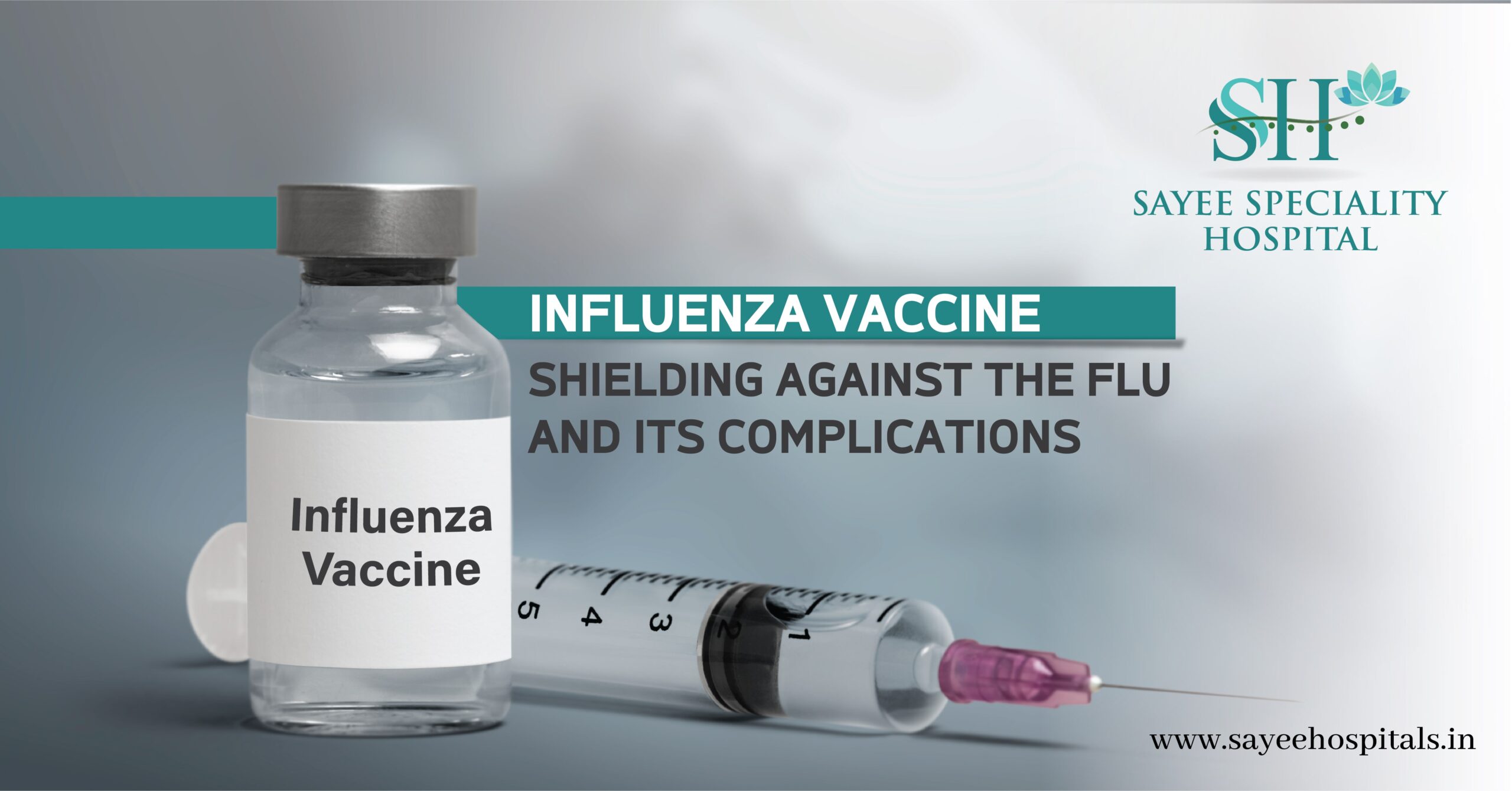Influenza, commonly referred to as the flu, is a contagious infection that targets the respiratory system, affecting the nose, throat, and lungs. The flu can lead to severe complications, particularly in vulnerable populations such as young children.
Opting for an influenza vaccine stands as the primary strategy to ward off the miseries of the flu and its potential complications. This vaccine serves a dual purpose of reducing the risk of contracting the flu and mitigating the severity of symptoms, which could lead to hospitalization.
Though it takes up to two weeks for immunity to develop post-vaccination, the vaccine can be effective even if administered after the flu season commences. Flu viruses undergo rapid mutations, rendering previous vaccines ineffective against current strains. The dynamic nature of these viruses necessitates the release of new vaccines annually to match evolving viral strains. As antibodies generated by flu vaccinations tend to wane over time, receiving a flu shot every year is crucial to maintain optimal protection.
Though annual flu vaccination is recommended for all children aged 6 months and older, particular emphasis is placed on high-risk groups vulnerable to flu complications, including:
- Children under the age of 2
- Children with weakened immune systems
- Those with chronic illnesses (e.g., asthma, heart disease, diabetes)
Children between 6 months and 8 years may require two doses of the vaccine initially.
Debunking Vaccine Misconceptions
Flu vaccines DO NOT cause the flu or COVID-19.
Essential Facts Related to Vaccines
- Flu vaccines are essential for personal protection and reducing the healthcare system’s burden.
- Vaccines don’t cause flu-like symptoms; such symptoms may result from the body’s immune response or exposure during immunity development.
- The flu vaccine, while not offering complete prevention, reduces illness severity and complications.
- Alongside vaccines, practice good hand hygiene, avoid close contact with the sick, and follow general health practices.
- Coupled with precautions, the flu vaccine comprehensively protects against the flu, benefiting both individual and public health.
